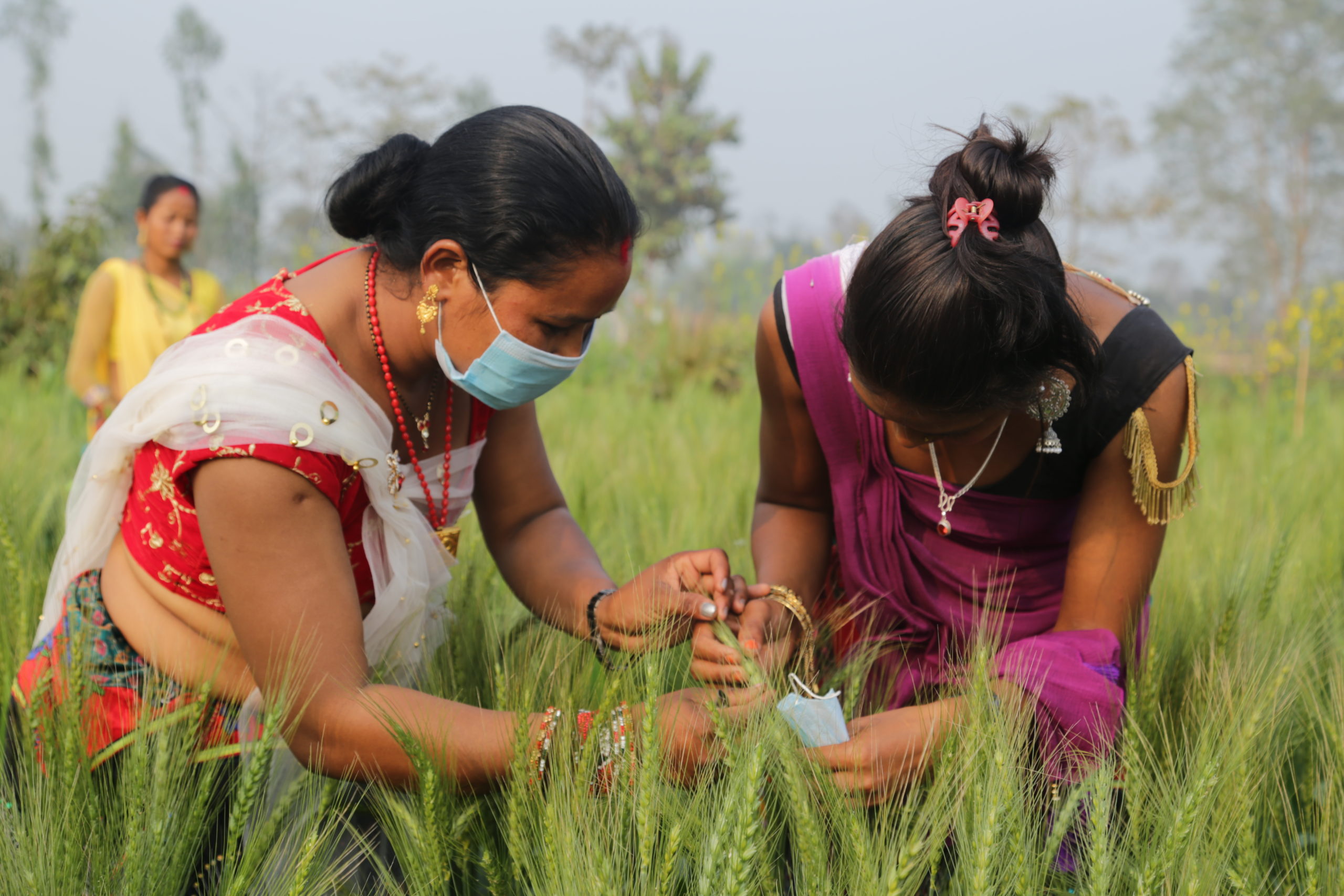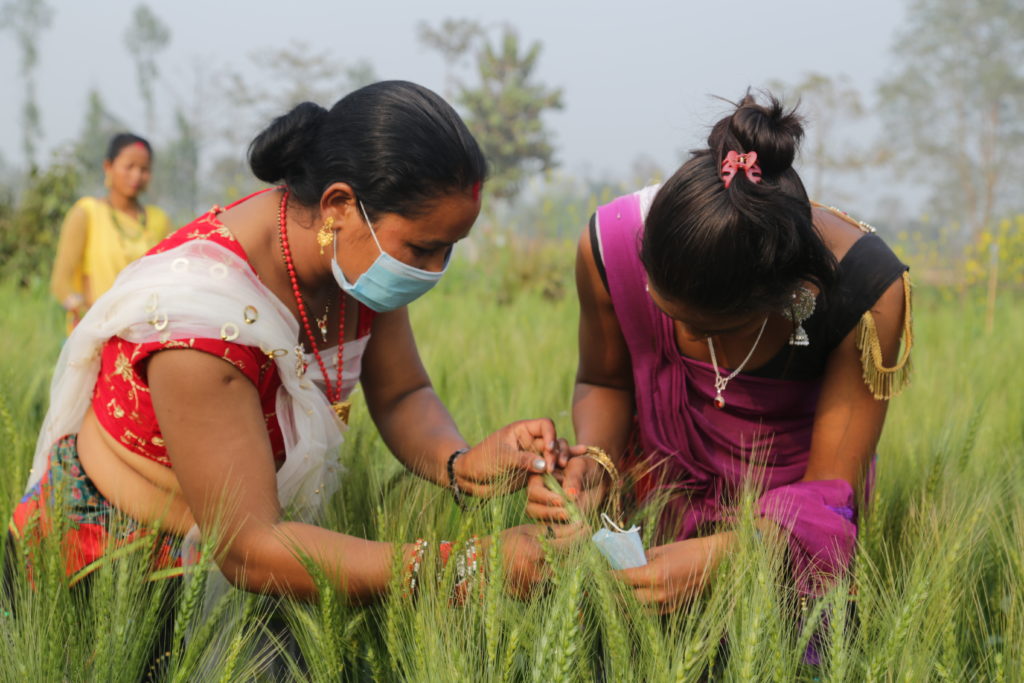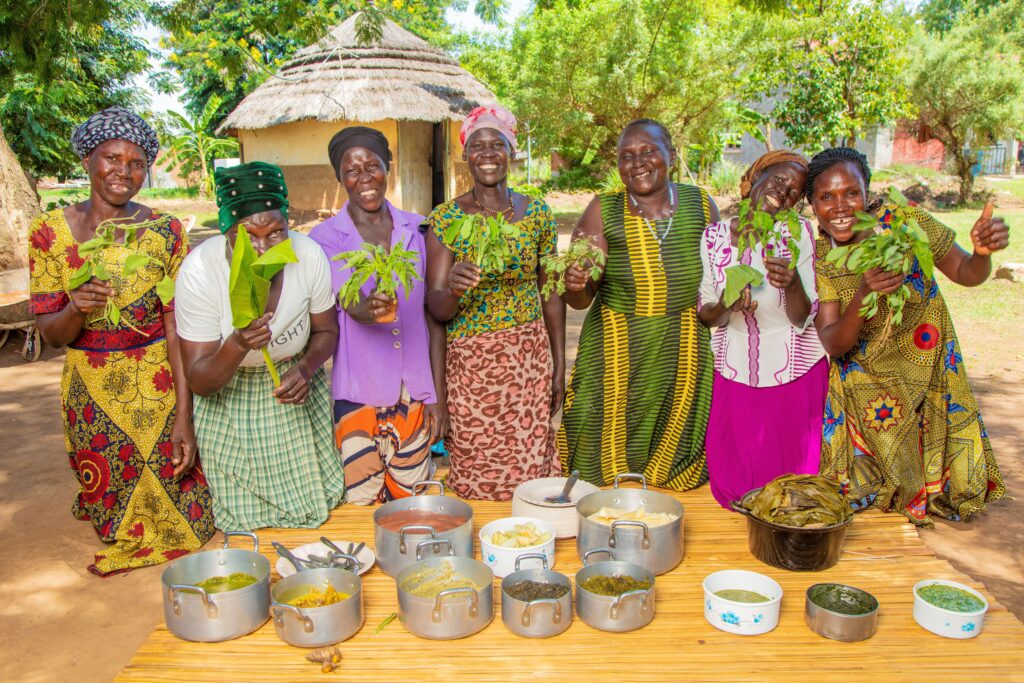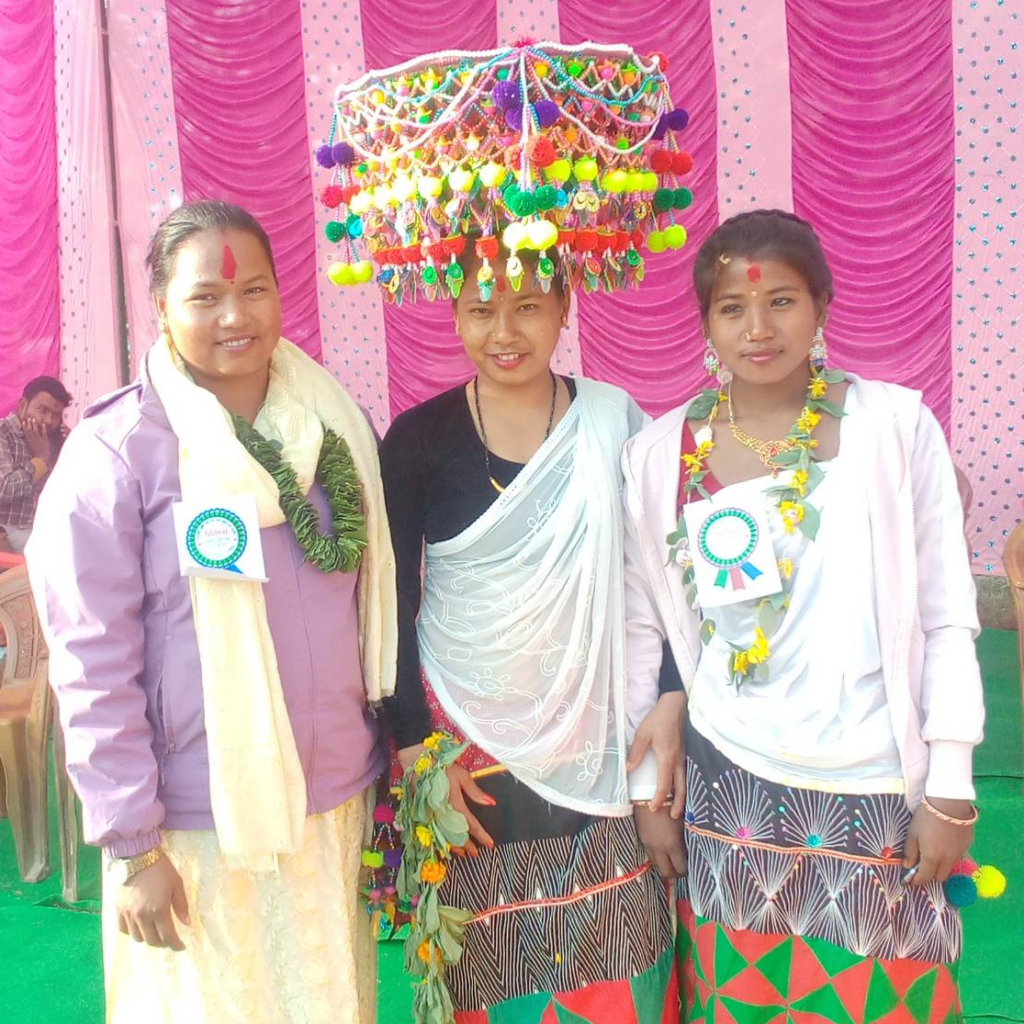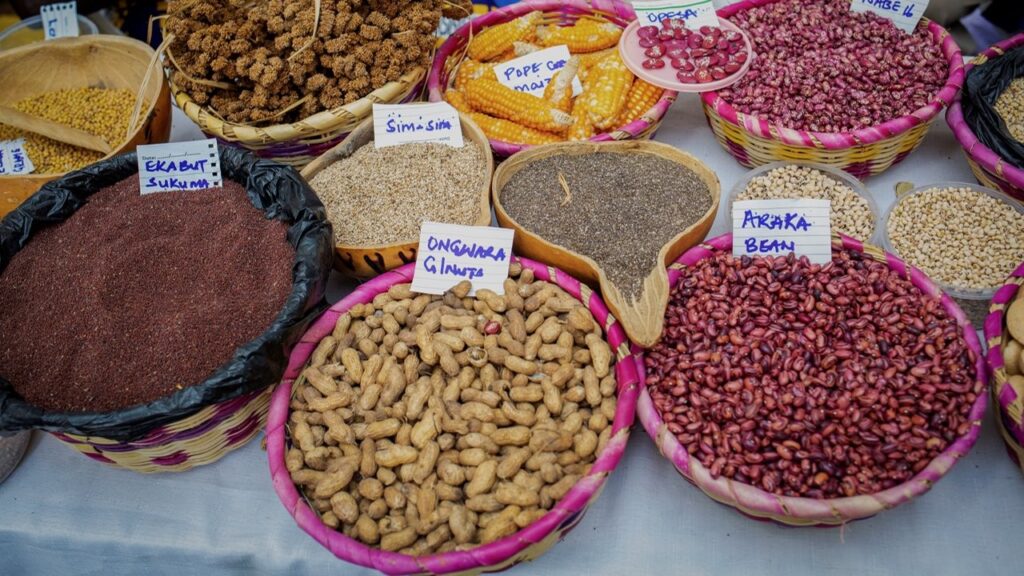“You ask if we have enough time for plant breeding training? When you look at the crop and the farmer, this is the work we do. Anything related to learning about the crop, about the garden… farmers always have the time for it. It’s like when you work in an office, and you always have the time to work on office things. So yes, farmers have enough time to learn about breeding” – Margaret Masudio, farmer from Uganda.
On the 30th of March, some 60 participants from across the globe came together to seek common ground for large-scale collaborative work on crop breeding and seed systems. We used the term ‘marriage’ to describe the collaborative working relationship among key players in seed system development that we dream of. [See the workshop report here: https://seedsforresilience.org/document/bringing-farmers-to-the-table/]
We heard from two major seed system actors – farmers and funders. The farmers spoke about their breakthroughs and challenges in participatory plant breeding, their appreciation of the partnerships they have with breeders, and the need for crop varietal diversity to cope with unpredictable conditions and grasp emerging opportunities.
The funders spoke of innovating through plant breeding to increase productivity and meet the demands of markets, processors and farmers. They also recognized that there is a gap in bringing innovations to farmers, and that strong partnerships will be vital for bridging this gap and reaching scale.
This first workshop ‘date’ generated lively discussions and raised several critical topics for further exploration. The enthusiasm and appreciation of interacting together raised hopes of increasing efficiency and reaching scale through collaborative networks. Thus the first workshop started the ball rolling and created momentum. So, what’s next?
Objectives of Day 2
The second workshop will examine issues raised in the past workshop for enabling transformative collaboration in breeding and seed system development. This workshop will turn the spotlight on the experiences and perspectives of researchers from NARS and CGIAR, universities and development practitioners.
DATE: 28 April 2021
TIME: 3 to 6 PM (CET)
- NARS and CGIAR researchers and NGOs present their perspectives on key topics identified in the first workshop
- Researchers identify both ‘must-have’ elements for collaborative breeding programs and the key capacities that they lack for which they look to others.
- All participants share their insights on opportunities for strengthening collaborative breeding work based on their context and experiences.
- Participants identify priorities for collaborative breeding and seed system development programs along two axes: (a) the technical elements for implementing activities at scale, including (participatory) plant breeding practices, information management and sharing, etc.; and (b) the institutional elements, including proven concepts and models to bring together farmers, organizations, NARS, extension system and the CGIAR.
More information?
Contact: anita.dohar@oxfamnovib.nl and frederik.vanoudenhoven@oxfamnovib.nl
